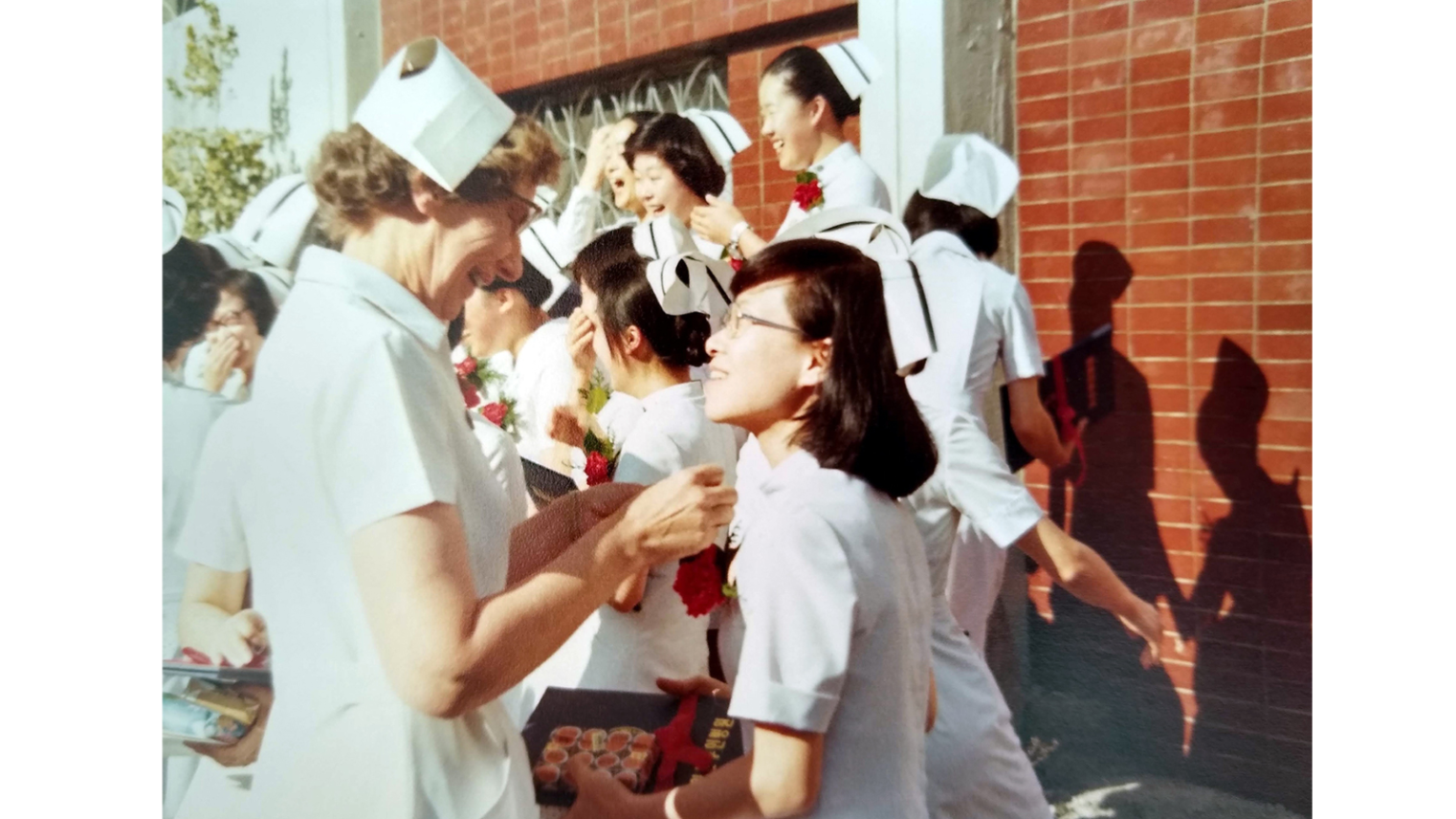The story of three Australian Samsin halmeoni and their doban
A landmark medical institution in Busan recently celebrated 70 years of delivering excellence in maternal and neonatal healthcare. Established by the Australian medical missionaries Dr Helen and Sister Catherine Mackenzie, the Ilsin Women's (now Christian) Hospital changed the course of midwifery and obstetrical practices in Korea. Although the latest statistics of Korea’s total fertility rate of 0.78 makes it hard to believe, Ilsin has safely welcomed 298,936 babies (and counting, albeit very slowly) to this planet since opening its doors in 1952.
In the making of Ilsin as one of the principal reference maternity centres in Korea, there was a group of unassuming local people - among them, widows of the Korean War, refugees from North Korea, single mothers and former patients - who joined the Australian missionaries in their vision of creating a medical haven open for all women. Indeed, the three Australian Samsin halmeoni worked tirelessly to establish and spread the safe practice of obstetrics and neonatology in Korea, while their Korean doban provided incalculable aid, assistance and encouragement to the Australian Samsin halmeoni in their mission of building a fairer society.
This is the story of three remarkable Australian female medical missionaries and their unwavering companions. Although never intended, Ilsin grew into a mission that brought out the best of Australia and Korea. In a superb example of public diplomacy, Ilsin shows that two countries, through mutual understanding and cooperation, can achieve a lasting outcome that overcomes all manner of imaginable barriers.
Speaker:
Dr Hae-Jin Park is a Canberra based independent researcher. Her research interests include the Korean migration to Latin America, the history of Australian Presbyterian missionaries to Korea and Australia-Korea bilateral relationships, especially in public diplomacy. Her latest work, “Why aid diplomacy eventually pays off” (with A/Prof Jo Elfving-Hwang, Curtin University) explores the story of 2,500 Australian sheep and two Kelpies named Mick and Monty who travelled to Korea in the 1970s to boost South Korea’s rural development. This research on Australian medical missionaries and the Korean staff has received generous support from the Australia-Korea Foundation of the Department of Foreign Affairs and Trade.
Register on Eventbrite
This event is in-person only.
Click here to join our mailing list.
Refreshments provided at the seminar.
